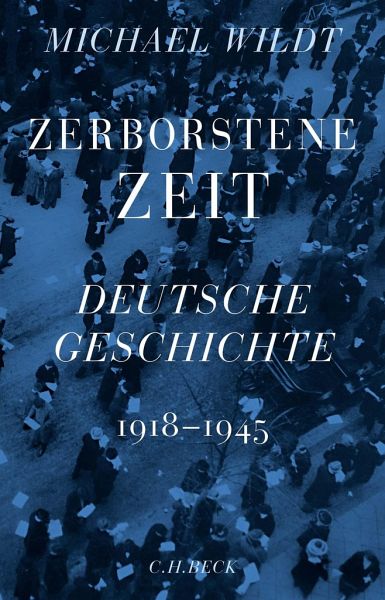- Messages
- 17,492
- Location
- New York City
The Prime of Miss Jean Brodie by Muriel Sparks originally published in 1961
Muriel Spark packs a little plot and a lot of ideas and philosophy into her short novel about a charismatic teacher in an upper-class girls school in Scotland in the 1930s.
Miss Jean Brodie uses her classroom as a pulpit to preach the ideas of Miss Jean Brodie, whom she self describes as being "in her prime." Being a progressive teacher for her day, she wants the children to think, not learn by rote, but really she wants them to think what she tells them to think.
In her first year, she identifies six, ten-year-old girls to be "her" girls, "the Brodie set." Until they graduate at seventeen, she continues to meet with and "mold" them.
While Miss Brodie presents herself as having a deep interest in their well being, it's really just a self-aggrandizing project where she's trying to raise little disciples devoted to Miss Jean Brodie. No humble person constantly describes herself, as MIss Brodie does, as "being in my prime."
All the Brodie girls play a part in the story, but it is really one, Sandy, who becomes the main focus of Brodie's ambitions. Sandy also, though, becomes Brodie's crypto antagonist.
Liberal Miss Brodie dates a bachelor (and sleeps with him!), but really pines away for a married Catholic art teacher who seems to love/lust after Miss Brodie. But Miss Brodie swears off him because he is Catholic and married.
Unrequited love is hardly special, but Brodie obsessively focuses on the married art teacher for years. As the girls enter their mid teens, she even tries to arrange for the prettiest of her girls to have an affair with the art teacher, while Sandy is supposed to report the progress of this scheme back to her. What? If it sounds pretty creepy, that's because it is.
Miss Brodie's oddness doesn't stop with sex, though, as she has a passion for Ancient Rome (nothing odd about that) and class struggle (par for a liberal teacher), but also for fascism (bam!). In pre-World War II England, she has a picture of Mussolini on her wall and nice things to say about Hitler.
Her fascist passions run so strong, she convinces a troubled seventeen-year-old girl to quit school to fight for the fascists in Spain. This unfortunate young lady gets killed on her way over. Later, it's obvious that Miss Brodie has washed her hands of the matter. She believes her advice was appropriate with the only tragedy being the girl never got a chance to join the fight.
While Brodie is playing demigod to "her" girls, the school's headmistress spends years looking for a way to oust this self-centered "free spirit" from her school. But as long as Brodie's girls remain loyal, the headmistress keeps running into walls.
(Spoiler alert) After graduation, though, very perceptive Sandy, who sometimes bought into, but also often questioned, Miss Brodie's ideas, finally sees the danger this egotist presents to young women.
(More spoilers) Sandy, in private, delivers the information - she teaches fascism you know - the headmistress needs to "retire" Miss Brodie. Miss Brodie spends the next decade before her passing trying to identify her betrayer.
When Miss Brodie finally succeeds, right before her passing, she feels she's had her epiphany moment, but sadly she lacks any such true insight as an epiphany moment for Miss Brodie would be if she saw the harm her arrogance caused to so many young women.
There are more characters, nuances and ideas in Muriel Spark's tightly written short novel, which argues for another read at some point. The Prime of Miss Jean Brodie has an echo of Winefred Holtby's 1936 novel South Riding, which is also about a free spirited young teacher shaking up the educational establishment, but this time, in Yorkshire. Iconoclast teachers clearly had a moment in 1930s England.




